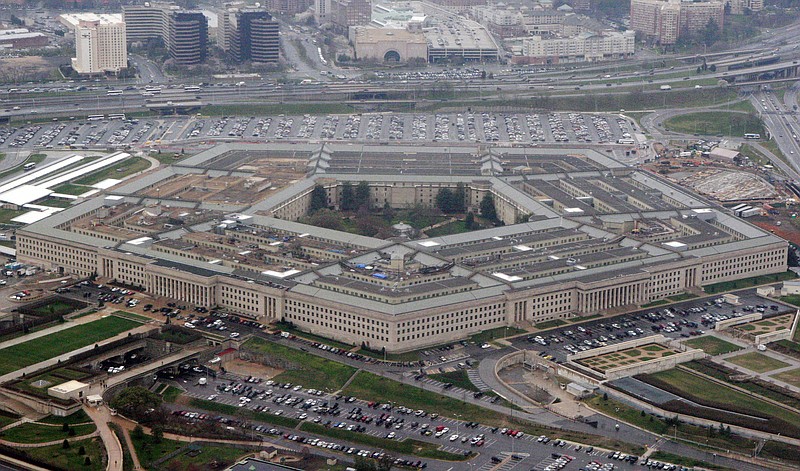The U.S. military wants to expand its use of artificial intelligence in warfare, but said it will take care to deploy the technology in accordance with the nation’s values.
The Pentagon outlined its first AI strategy in a report released Tuesday.
The plan calls for accelerating the use of AI systems throughout the military, from intelligence-gathering operations to predicting maintenance problems in planes or ships. It urges the U.S. to advance such technology swiftly before other countries chip away at its technological advantage.
“Other nations, particularly China and Russia, are making significant investments in AI for military purposes, including in applications that raise questions regarding international norms and human rights,” the report says.
The report makes little mention of autonomous weapons but cites an existing 2012 military directive that requires humans to be in control.
The U.S. and Russia are among a handful of nations that have blocked efforts at the United Nations for an international ban on “killer robots” — fully autonomous weapons systems that could one day conduct war without human intervention. The U.S. has argued it’s premature to try to regulate them.
The strategy unveiled by the Department of Defense this week is focused on more immediate applications, but even some of those have sparked ethical debates.

